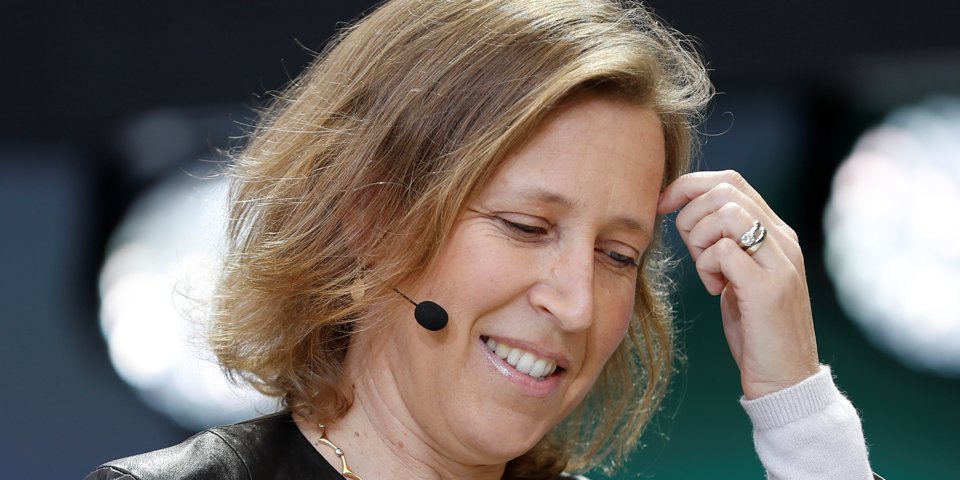
There could be big consequences for Google if YouTube can’t get its act together for advertisers
Regardless of the majority of YouTube’s prominence, and regardless of how much advertisement cash it stuffed into Google’s coffers amid the past quarter, the site’s future is cloudier than any time in recent memory.
Late Thursday night, CNN distributed a report that raises doubt about the viability of YouTube’s year-long endeavors to evacuate material that sponsors discovered shocking. Delegates for YouTube were not quickly accessible for input.
In March 2017, it was accounted for that advertisements from Fortune 500 organizations were showing up on recordings advancing scorn discourse, psychological oppression and wild fear inspired notions. Accordingly, YouTube started to free the site of hostile and exasperating clasps.
That should be the finish of the story yet CNN as of late discovered advertisements on YouTube, paid for by in excess of 300 organizations and government gatherings, that keep on running nearby obnoxious admission. The link news channel composed that the recordings included such subjects as white patriotism, pedophilia, and North Korean promulgation.
A portion of the publicists influenced revealed to CNN that they were pulling their advertisements until the point that YouTube redressed these issues. Yet, that is the central issue now: Does YouTube have the capacity to police the administration? At least, can YouTube’s administrators make a place of refuge for publicists?
If not, the circumstance could have huge ramifications for Google’s parent organization Alphabet Inc., and its association with Wall Street. Google is viewed as a development organization yet financial specialists need to know where that development will originate from later on.
It’s against this foundation that Alphabet will declare its most recent quarterly profit on Monday. Investigators anticipate that Alphabet will report first-quarter profit of $9.33 per share on income of $30.3 billion, as indicated by Thomson Reuters.
Looking for something new
For quite a while, the money related world has pondered when one of Alphabet’s promising side endeavors may form into another critical wellspring of income. One day, even the income bonanza known as inquiry promoting will top out, and Google will require something new to get the money.
YouTube is one of the best contenders. The notable video-sharing administration has developed as one of the must-be places for publicists trying to achieve the site’s huge adolescent and youthful grown-up group of onlookers.
“We keep on believing YouTube is the real development driver on the promotion front,” composed Daniel Ives, head of tech investigate at statistical surveying firm GBH Insights. “This predominant stage now has north of 1.5 billion clients watching by and large a hour for every day.”
Since Alphabet doesn’t break out YouTube’s budgetary numbers, no one outside the organization knows for beyond any doubt how much cash the video site makes. What we do know is that driving off substantial publicists is probably not going to help.
The control factor
Controllers around the globe are likewise careful about the impacts that huge computerized systems are having on society. On the off chance that YouTube can’t wipe the site clean of pedophiles and fear mongers, to what extent will it be before YouTube CEO Susan Wojcicki is compelled to take after Mark Zuckerberg to Capitol Hill?
What’s more, that is not the finish of the awful news. Google, Facebook, and other huge tech organizations confront huge administrative investigation in Europe on a scope of issues.
One of YouTube’s issues there started in 2015 when the European Commission inferred that the budgetary connection between content makers and administrations, for example, YouTube was excessively uneven. The unit of the European Union that proposes enactment and establishes them in the event that they move toward becoming law, said copyright rules should be “modernized” so makers can arrange better manages YouTube-esque stages. From that point forward, the commission has attempted to get recommendations passed that guarantees YouTube pays more to makers.
In the meantime, a few investigators trust music might be more imperative to YouTube than any time in recent memory.
“Google is simply beginning to tap the potential in YouTube,” composed Aswath Damodaran, Professor of Finance at the Stern School of Business at New York University, on his blog. ” And on the off chance that it can position it as a contender to Spotify in music gushing and Netflix in video spilling, it could find another wellspring of income development with solid working edges.”
YouTube’s more extended term prospects give off an impression of being substantially rosier. The administration has no noteworthy contenders while proceeding to include watchers. What’s more, Facebook has appeared, these administrative problems don’t appear to drag a stock cost down for long.
On March 16, Facebook’s stock was exchanging at $185 and after that plunged on March 28, amid the Cambridge Analytica outrage to $153. In any case, the offer cost has just started to recoup. On Friday, the stock shut at $166.
Original article by Greg Sandoval